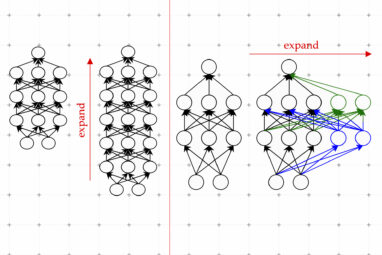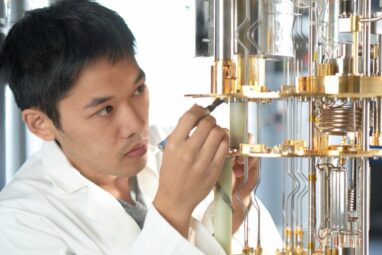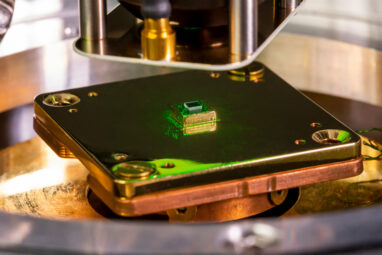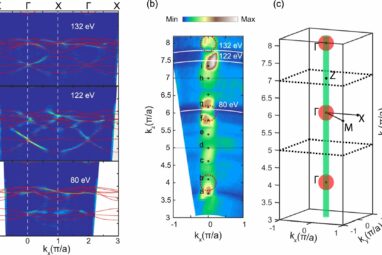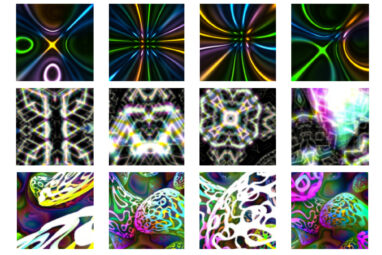It’s no secret that OpenAI’s ChatGPT has some incredible capabilities—for instance, the chatbot can write poetry that resembles Shakespearean sonnets...
Scientists at EPFL and IBM have developed a new type of laser that could have a significant impact on optical...
Google scientists said Wednesday they have passed a major milestone in their quest to develop effective quantum computing, with a...
Powerful machine-learning models are being used to help people tackle tough problems such as identifying disease in medical images or...
Native speakers often dominate the discussion in multilingual online meetings, but adding an automated participant that periodically interrupts the conversation...
Approximately two decades ago, it was shown theoretically that quantum computers could easily solve certain computationally demanding problems like factoring...
Electromagnetic noise poses a major problem for communications, prompting wireless carriers to invest heavily in technologies to overcome it. But...
Novel materials could revolutionize computer technology. Research conducted by scientists at the Paul Scherrer Institute PSI using the Swiss Light...
Graphs, a potentially extensive web of nodes connected by edges, can be used to express and interrogate relationships between data,...
Picture two teams squaring off on a football field. The players can cooperate to achieve an objective, and compete against...
Before a machine-learning model can complete a task, such as identifying cancer in medical images, the model must be trained....
Russian scientists from University of Science and Technology MISIS and Bauman Moscow State Technical University were one of the first...
